Juukan traditional owners to have major say on Rio Tinto mining
Traditional owners say the agreement with Rio Tinto will give them much stronger protections than available under current laws.

The traditional owners of the Juukan Gorge rock shelters will have a definitive say over Rio Tinto’s future mining activities on their land under a landmark agreement between the two groups.
Just over five years since Rio Tinto’s decision to blast Juukan Gorge as part of its Pilbara iron ore operations triggered a worldwide backlash and forced the departure of Rio CEO JS Jacques and several senior executives, the mining giant and the Puutu Kunti Kurrama and Pinikura (PKKP) Aboriginal Corp signed a co-management agreement.
That agreement, PKKP chairman Terry Drage said, would give the PKKP certainty that its important places would be protected from mining while also giving Rio certainty around where it can operate.
“Rio has come back with a different outlook on mining and a different outlook on how they approach traditional owners about their country now and what happens on their country. It’s a great achievement for us all,” Mr Drage said.
“We’ve got co-management today and we have the right now, no is no, the right to say no.”
Rio Tinto iron ore chief Simon Trott – who is considered one of the leading contenders for the mining giant’s vacant CEO position – said the destruction of the Juukan Gorge rock shelters had “profoundly changed” the company. “Our actions were wrong. We failed to uphold our company values, and our systems and processes were inadequate. Simply put, it should never have happened, and for that we will forever be sorry,” he said.
“Through the open and gracious sharing of knowledge and experiences, the PKKP have helped to shape a renewed approach to managing cultural heritage protection and mining activities.”
The agreement will see the PKKP engage with Rio early in the process to ensure that sensitive heritage sites are not included in any mine plans.
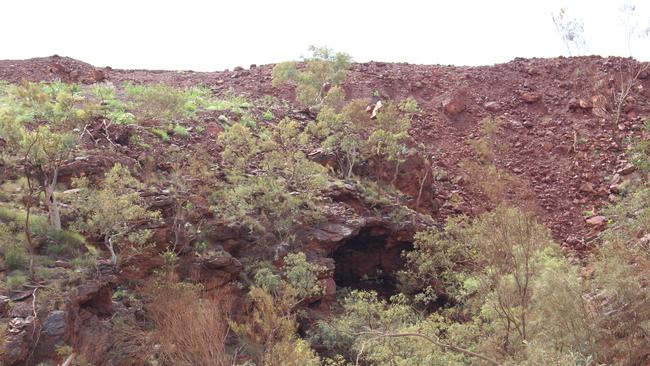
Such conflicts are historically only identified after a company has carried out a significant amount of work, making it difficult for the miners to change course. Under Western Australia’s Aboriginal Heritage Act, miners and other proponents are able to apply to legally destroy Aboriginal sites under the Section 18 mechanism.
Rio had Section 18 approval to legally mine at Juukan Gorge, with the WA government subsequently passing a new Aboriginal Cultural Heritage Act in an attempt to modernise the legislation. But those new laws were met with a public backlash and were swiftly repealed in one of Roger Cook’s first acts as Premier.
PKKP chief heritage officer Jordan Ralph said the co-management agreement with Rio went far beyond the protections of the Aboriginal Heritage Act and would be more effective at preserving PKKP heritage than any government legislation.
“The (Aboriginal Heritage Act) legislation was not written for traditional owners or to protect their heritage. That legislation was drafted for industry to get approvals to destroy heritage,” Dr Ralph said. “We have a long history of heritage destruction when we rely on those acts and we’ve said, the traditional owners have said, ‘that’s not good enough anymore’.”
Puutu Kunti Kurrama traditional owner Burchell Hayes said the PKKP relationship with Rio was now where it should have been 14 years ago when the group signed its initial participation agreement with the miner.
“We have always said that relationships, not regulation, is what will protect our heritage, our culture and our country, and this is the key behind co-management,” he said.
Archaeological studies at Juukan Gorge had found that the shelters had been occupied by Indigenous people for more than 50,000 years. The Juukan Gorge area remains the subject of ongoing rehabilitation.


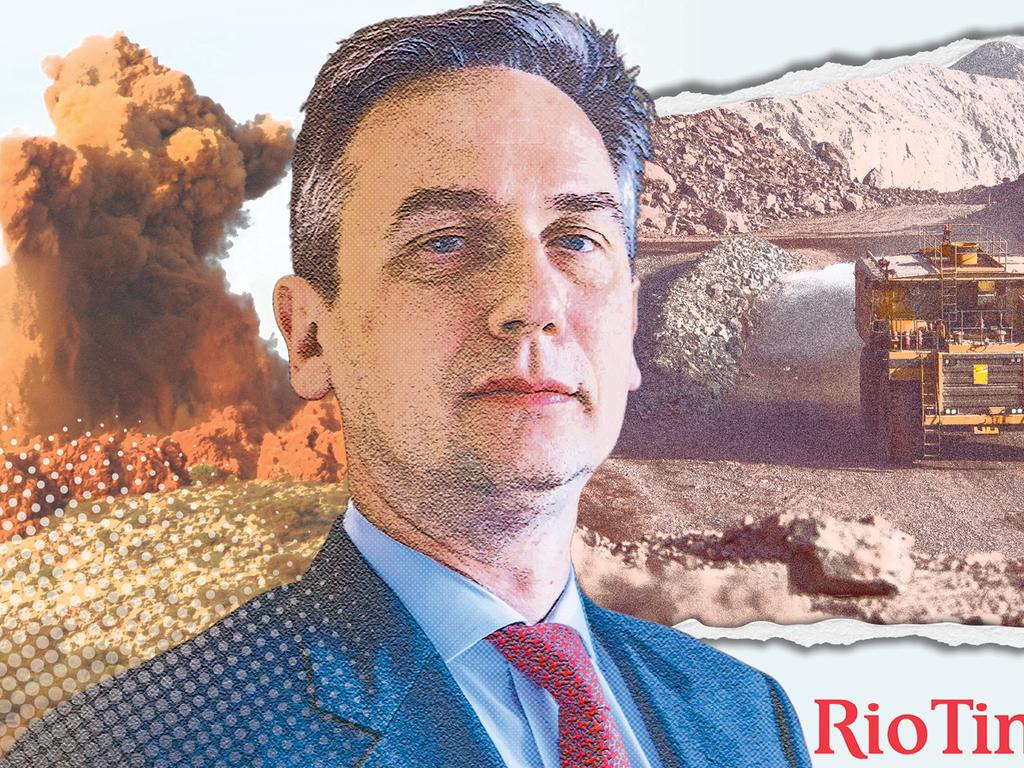
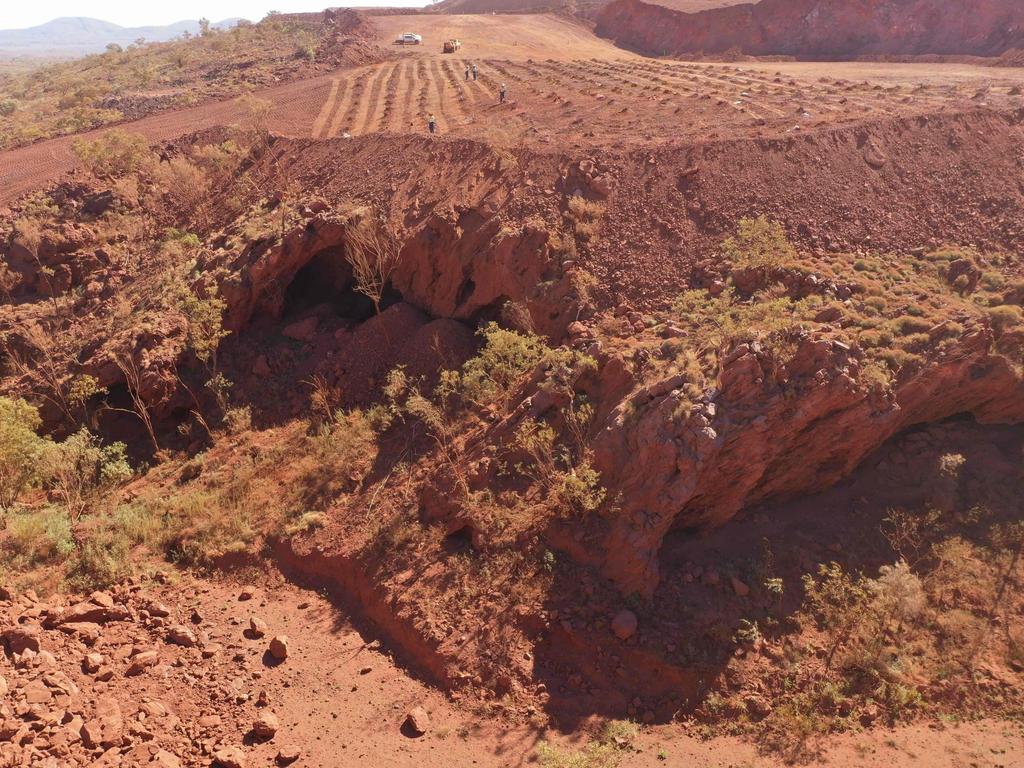

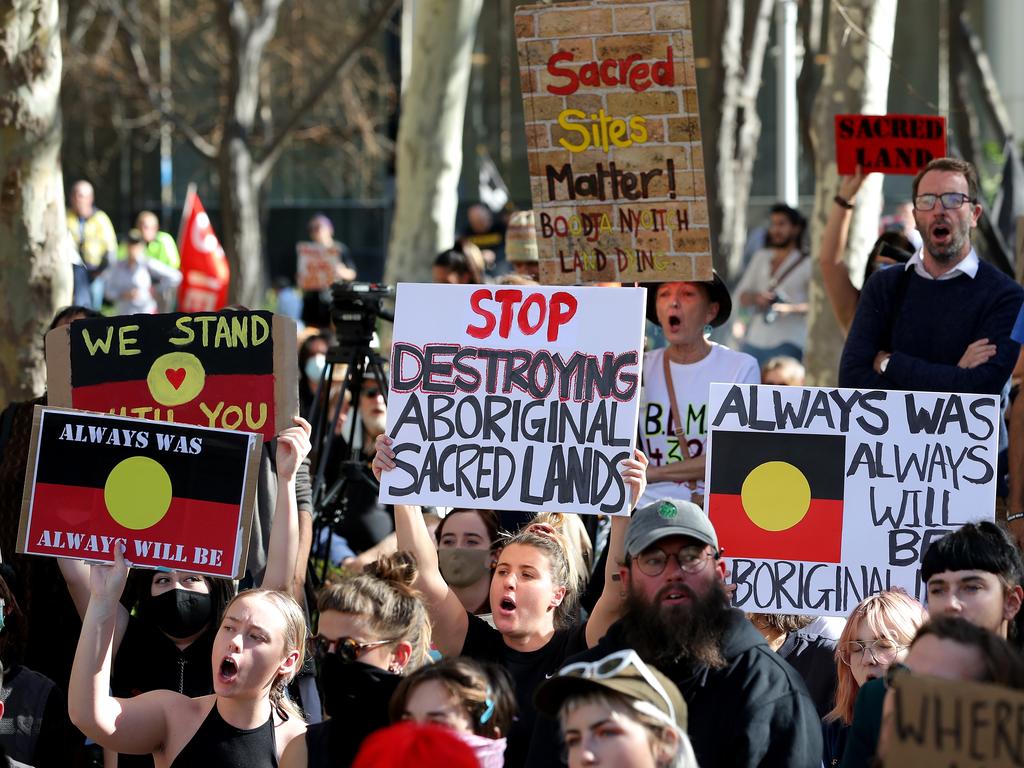
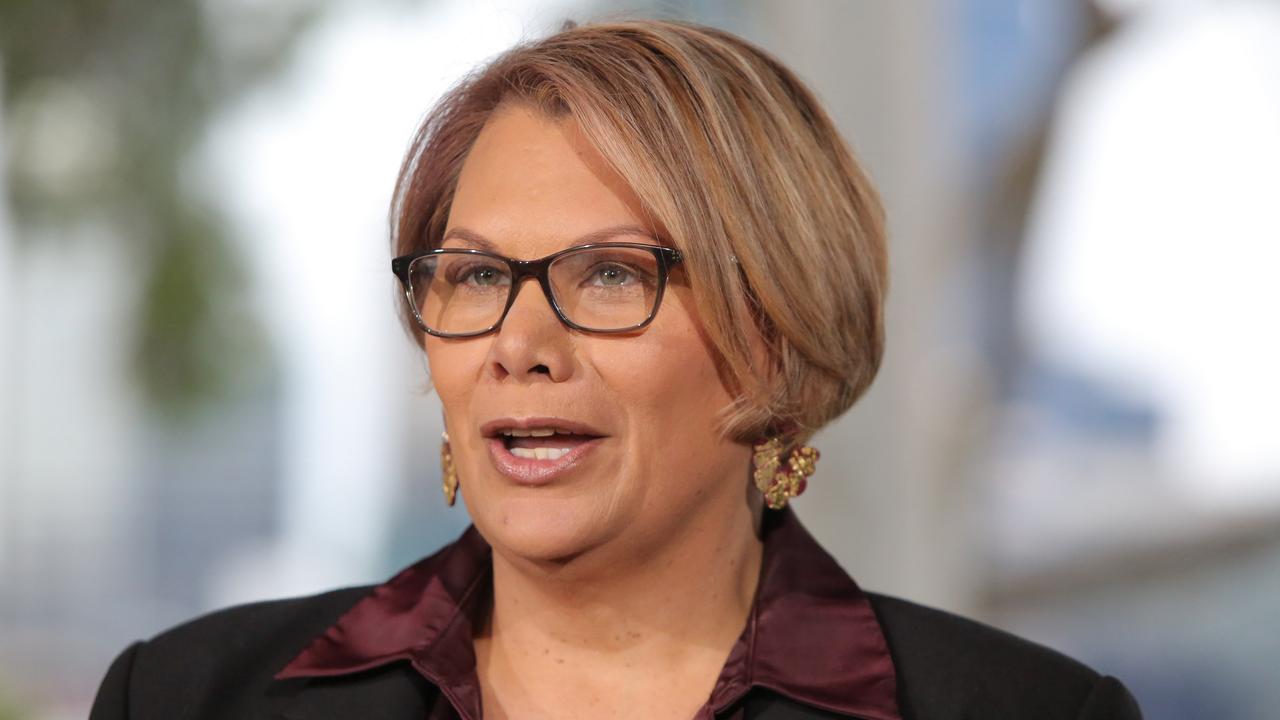
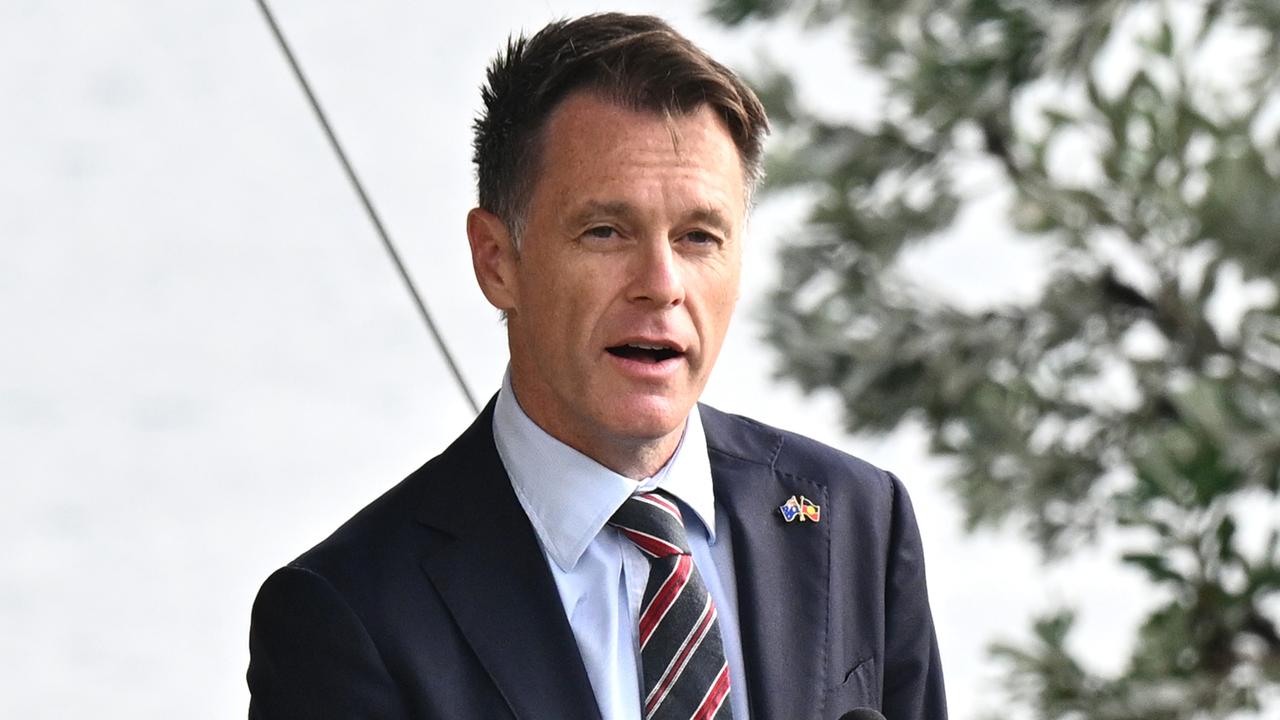
To join the conversation, please log in. Don't have an account? Register
Join the conversation, you are commenting as Logout